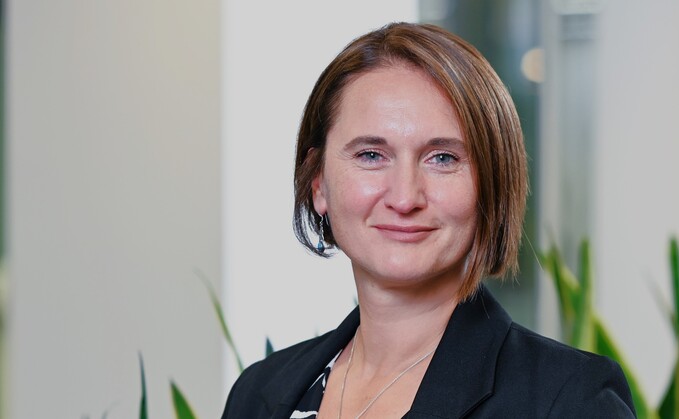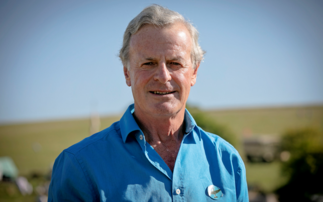
Louise Davey: The goal is not to draw rigid lines, but to maintain role clarity
In today’s increasingly complex and regulated pensions landscape, trustees are obliged to make decisions that are both well-informed and independently accountable.
Drawing on independent professional expertise— be that legal, actuarial, investment or covenant—is not just sensible; it's essential. But as trustee boards follow that process, a subtle but important distinction is being managed: when can trustees rely on their own expertise and when should they seek external advice?
Accessing expertise involves leveraging experience, technical insight, or specialist interpretation to inform understanding. It strengthens the board's or professional corporate sole trustee's (PCST) ability to ask the right questions and make confident decisions. Obtaining advice often goes further – presenting a specific recommendation or preferred course of action. Both have a vital role to play in effective governance. The key is to ensure that advice supports trustee judgment, rather than substituting it.
Well-reasoned advice that is tailored to the scheme's needs is a key underpin to any material decision, and in some circumstances it is required by law. It helps trustees manage uncertainty, weigh competing risks, and comply with evolving regulatory expectations. But trustees are firmly in the decision-making seat. The Pensions Regulator is very clear – responsibility for outcomes cannot be delegated.
Professional trustees are well placed to manage this distinction. Drawing on personal expertise, they know how to challenge advice constructively, triangulate between different inputs, and ensure that decisions reflect judgement with advice challenged appropriately. They also bring another important advantage: access to in-house experience and knowledge from within their own organisations.
Many trustees bring a wealth of knowledge and experience accumulated over the course of their careers, whether within the pensions industry or in other relevant professional fields. Indeed, drawing on the expertise of individual trustees has long been a common and valued practice—both in pension schemes and wider trust arrangements.
For example, family trusts often appoint legal professionals, while wealth trusts may appoint investment specialists. This tradition of harnessing specialist expertise continues to be a cornerstone of effective trust governance, with a number of professional trustee firms including specialists in areas such as investment governance, communications, covenant monitoring, funding solutions, scheme secretarial support, and regulatory policy. This approach allows professional trustees to access informed views internally – both cost effectively and at pace – without necessarily needing to commission formal advice.
It doesn't replace advice provided by third parties, but it does enable the trustee to ask better, pertinent questions and therefore obtain more effective and helpful advice. This in turn facilitates more agile, better-informed discussions in real time, as well as allowing for a second opinion or internal sounding board, particularly when a board is wrestling with a nuanced or contentious issue.
Used well, internal expertise strengthens a board's or PCST's ability to engage with external advisers from a position of greater knowledge. It helps prevent recommendations being accepted without sufficient scrutiny, and it ensures that the trustee remains focused on strategy, outcomes and member interests.
The goal is not to draw rigid lines, but to maintain role clarity. Expertise and advice are not in competition with trustee judgement – they're there to enhance it. The most effective trustees use advice as a catalyst, not a crutch.
Ultimately, professional trustees play a vital role in shaping this culture. By combining their own expertise with the internal resources they can access, trustees are well positioned to strike the right balance—making good use of high-quality external advice while harnessing internal capabilities to meet their responsibilities with rigour and efficiency. This integrated approach not only enhances decision-making but also ensures excellent value for money, which is at the heart of serving members' interests.
Louise Davey is trustee director and head of policy & external affairs at Independent Governance Group (IGG)






